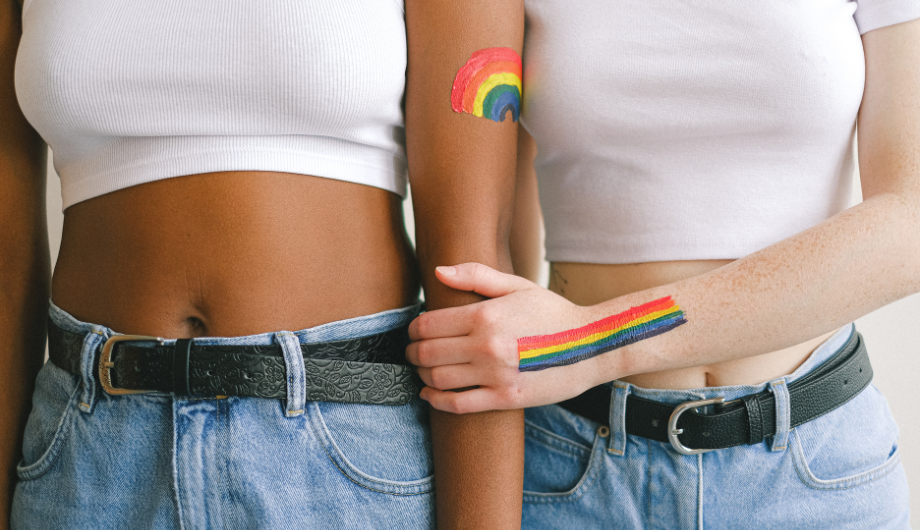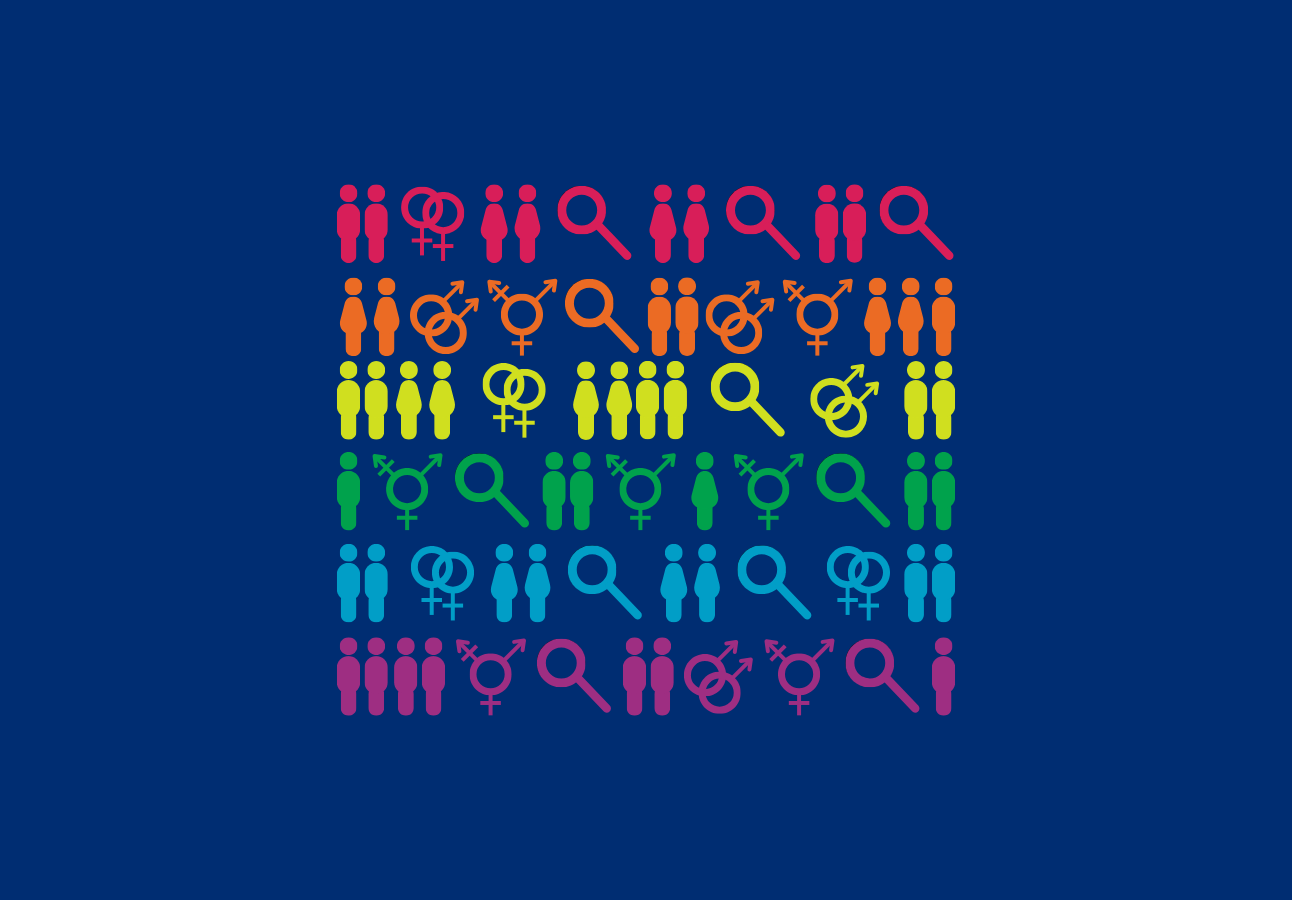
Criminal justice responses to LGBT+ domestic abuse
Tiana Kooner is a third year Sociology and Criminology student at Cardiff University, currently writing a dissertation on the perceptions held by policy and practice stakeholders (such as charity workers) towards the services available to LGBT+ victims of domestic abuse. In this blog, Tiana describes some of her findings and recommendations to make services more inclusive.
With the legalisation of same sex marriage, decriminalisation of gay practices and an ever increasing popularised mass media portrayal, it can be argued that the LGBT+ community are much more active, empowered and protected than they were in the past. But is this representative within the criminal justice system? When did you last see a same sex domestic violence poster put out there by the police? With no official statistics currently being collected on domestic abuse occurring within LGBT+ relationships, as well as the government’s focus on violence amongst women and girls, where does this leave victims who are not female or not heterosexual? This led me to think about the LGBT+ community and how their experiences of utilising domestic abuse services may differ.
From previous research it is already known that only a small minority of LGBT+ people report domestic abuse incidents to the police and with those who tend to report, the majority are unhappy with how their case was dealt with. This has meant that many victims prefer to seek out support from the third sector. This trend is reflected in my research; 7 out of 8 participants showed a preference for third sector forms of support, due to beliefs that they are more likely to be believed and provided with specialist help than if they sought help from the criminal justice system.
However, it can be seen that there is an anomaly when it comes to incidents reported to Hampshire police, where the LAGLO (lesbian and gay liaison officers) scheme is implemented. As it was found that there was more likely to be a preference to turn to the police than what would normally be the case. The respondents saw this response as a result of the force “…proactively respond[ing] to victims of same sex relationships…”.
Whilst it is still largely recognised by participants that there are a lot of barriers preventing all victims from turning to the police, it was also found that the age of the victim could play a role in influencing the decision to report. The research highlighted that those who were older and had past negative experiences with officers, were even less likely to confide in the police.
Whilst all respondents noted that efforts are being made to increase awareness and a wealth of services are being provided by the third sector, it can be argued, especially in terms of the criminal justice sector, that more still needs to be done towards equal and inclusive services.
Over half of the respondents still highlighted the large focus on tackling domestic abuse within heterosexual couples. Whilst this is still extremely important, it shows that not enough light is given to those who do not fit the male perpetrator/female victim dynamic. This ‘cultural blindness’ was highlighted by a participant who worked on a domestic abuse homicide case, which was not actually recognised as domestic abuse due to it involving two gay men. This in turn, may further discourage LGBT+ victims to seek help or to even recognise that they have been subjected to domestic abuse. We need to encompass all victims in order to make sure that “…no victim is turned away” and whilst it can be seen that progress is being made, there is still a lot more that needs to be done.
Suggested recommendations by participants
- Increased awareness in order to encourage more to come forward and report and also know where they can get help
- More literature and pictures of diverse people
- The rainbow flag or other signals to show the services are LGBT+ friendly
- Education of the community and professionals. This can work with awareness raising in order to break down barriers victims may feel
- Commissioning specialist services. For commissioners to show they are interested in helping and providing all inclusive services
- Work to address perpetrator behaviours in LGBT+ relationships
- More multi-agency approaches (for example between the police and charities but also housing associations, immigration workers etc.)
- More support and services for bisexual and trans victims in particular, who may face more difficulties when it comes to accessing services.
You may be interested in


